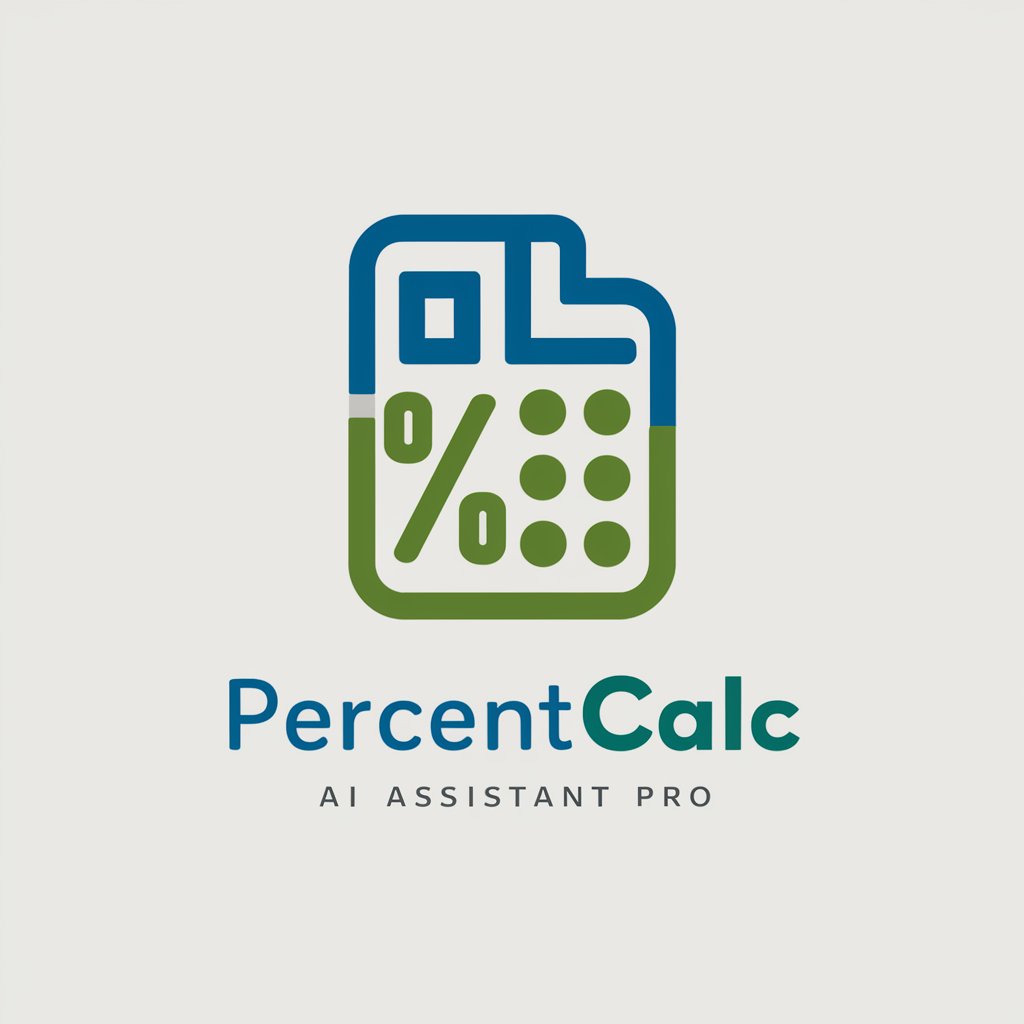RSS Finder | Find the RSS in any website - Efficient RSS Discovery

Hi! Let's find that RSS feed.
Discover Web Content, Seamlessly
Find the RSS feed for the website
Locate the RSS feed URL for
Can you help me discover the RSS feed of
I need the RSS feed link for the site
Get Embed Code
Overview of RSS Finder | Find the RSS in any Website
RSS Finder is a specialized tool designed to locate RSS feeds on various websites. It analyzes websites provided by users to identify and retrieve the URLs of available RSS feeds. The primary purpose of this tool is to enable users to easily access and subscribe to content updates from their favorite websites. For instance, a user interested in the latest news articles from a particular online newspaper can use RSS Finder to obtain the RSS feed URL. This allows them to receive updates directly in their RSS reader whenever new articles are published. Powered by ChatGPT-4o。

Core Functions and Real-World Applications
Locating RSS Feeds
Example
Finding a blog's RSS feed URL
Scenario
A user wants to follow a gardening blog but cannot find an RSS subscription option on the site. Using RSS Finder, they input the blog's URL, and the tool locates the hidden or unlisted RSS feed URL, enabling the user to subscribe through their preferred RSS reader.
Alternative Update Methods
Example
Suggesting alternatives when RSS is unavailable
Scenario
If a user provides a URL of a website that does not have an RSS feed, RSS Finder identifies this and suggests alternative methods of staying updated, such as subscribing to a newsletter or following the site's social media channels.
Website Content Analysis
Example
Analyzing website structure for feed discovery
Scenario
A small business owner wants to stay informed about industry news by following multiple online trade publications. They use RSS Finder to analyze these websites, and the tool examines the site structure, locates the RSS feed URLs, and provides them to the user for easy subscription.
Target User Groups for RSS Finder
Content Consumers
Individuals such as news enthusiasts, bloggers, researchers, or anyone who regularly follows multiple websites for updates. They benefit from RSS Finder by efficiently consolidating content from various sources into a single feed for easier consumption.
Digital Marketers
Professionals who need to stay updated on trends, competitor activities, or industry news. RSS Finder helps them track relevant websites and blogs efficiently, ensuring they don't miss out on important updates.
Web Developers and Technologists
These users benefit from understanding the integration and availability of RSS feeds in various websites, which can be crucial for developing aggregation tools, content management systems, or for personal use in keeping up with technological advancements.

How to Use RSS Finder
Initial Access
Visit yeschat.ai for a free trial without login, and there's no need for ChatGPT Plus.
Enter Website URL
Input the URL of the website you wish to find the RSS feed for into the provided field.
Analyze Website
Allow the RSS Finder to analyze the website's code and structure to locate any existing RSS feeds.
Review Results
Examine the RSS feed URLs provided by the tool. If multiple feeds are found, select the one most relevant to your needs.
Use RSS Feed
Copy the RSS feed URL and use it in your preferred RSS reader or for integrating with other applications.
Try other advanced and practical GPTs
Sanskrit Savvy
AI-Powered Sanskrit Mastery

QuickSilver AI - Natural Language R.A.G DocuMaster
Revolutionize Your Document Management

Sonny & The EPIPHANY Engine AI
Enlightening Minds with AI-Powered Insights

Recruiter
Streamlining Recruitment with AI

PercentCalc Pro
AI-powered Precision in Percentage Calculations

Coffee Break Python
Sharpen Your Python Skills with AI-Powered Puzzles

Pet Care Companion
Empowering pet care, powered by AI

Marvin the Chatbot
Engage with an AI that entertains and assists.

Jay-Z Style Advisor
Styling Your Success with AI

SEO Expert Assistant
Optimize smarter with AI-powered SEO

Glitz and Shiggles
Enchanting Realism at Your Fingertips

Promptor
Elevate AI Interactions with Expert Prompts

RSS Finder Q&A
What is RSS Finder?
RSS Finder is a tool designed to locate RSS feed URLs from any given website, enabling users to easily subscribe to content updates.
Can RSS Finder find hidden or non-obvious RSS feeds?
Yes, it can identify RSS feeds that are not prominently displayed on a website, often hidden within the site's code.
Is RSS Finder suitable for all types of websites?
RSS Finder works with a wide range of websites but its effectiveness can vary based on the site's structure and whether it uses RSS.
What if RSS Finder can't find a feed?
If no RSS feed is found, RSS Finder will inform you and may suggest alternative ways to stay updated, depending on the website's features.
How does RSS Finder benefit content consumers?
It simplifies the process of tracking updates and new content on favorite websites, making information consumption more efficient.
